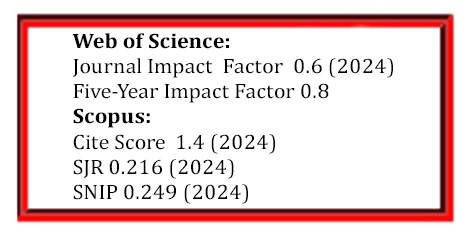Development of Transition Metal Phosphates NiCoP/NF and Evaluation of Their Hydrogen Evolution Properties
DOI:
https://doi.org/10.5755/j02.ms.35415Keywords:
energy problems, transition metal phosphates, catalyst preparation, hydrogen evolution performance evaluationAbstract
Energy and the environment are one of the most important global issues in the 21st century. In order to avoid the excessive destruction of the environment and human settlements by fossil fuels, and achieve sustainable development of the Earth, clean energy carrier hydrogen shows its application value. Facing the challenges in preparing transition metal phosphides, in this study, transition metal salts and urea were used as raw materials to react under hydrothermal conditions. The transition metal basic carbonate NiCo2(CO3)1.5OH3 was grown in situ on nickel-foam (NF) substrates. After low-temperature phosphating treatment, NiCoP alloy phosphide electrocatalysts (NiCoP/NF) grown on nickel-foam substrates were obtained. The electrochemical hydrogen evolution performance was tested in 1 mol/L KOH alkaline electrolyte solution. Experiments show, NiCoP/NF heterostructure catalyst has excellent hydrogen evolution performance. In an alkaline medium, the overpotential required to obtain the catalytic current density of 10 mA/cm2 is only 93 mV, and the Tafel slope is 118 mV/dec. This is largely due to: 1) the good dispersion of NiCoP/NF nano-catalyst on the Nickel Foam substrate increased the number of active sites exposed; 2) the heterostructure promotes the electron interaction between NiCoP and NF; 3) theoretical calculations show that the construction of NiCoP/NF heterostructure can effectively reduce the dissociation barrier of water, promote the dissociation of water, the kinetic reaction process of electrocatalytic hydrogen evolution is accelerated. Therefore, the construction of NiCoP/NF nanostructured heterogeneous catalysts enriches the application of non-noble metal nanomaterials in the field of hydrogen production from water electrolysis.
Downloads
Published
Issue
Section
License
The copyrights for articles in this journal are retained by the author(s), with first publication rights granted to the journal. By virtue of their appearance in this open-access journal, articles are free to use with proper attribution in educational and other non-commercial settings.



